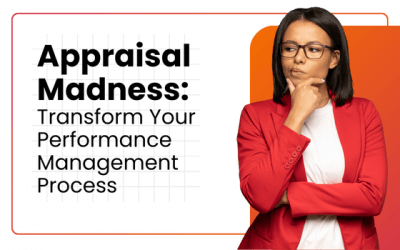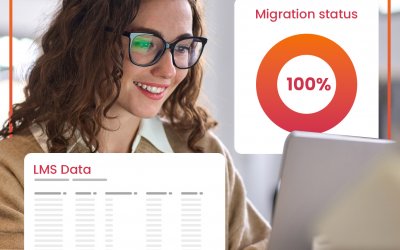A Smooth LMS migration: tips and tricks
At Cortexa, we understand that migrating from one system or vendor to another can be a daunting and possibly viewed as risky. As a result, we place equal importance on both the technical elements of migration and the approach we decide to adopt on each migration. Our consultative approach and ongoing communication are the essential ingredients to a smooth transition.
Over the years we’ve picked up a few tricks of the trade when completing migrations and we’ve whittled these down to a few simple principles.
First, lets define what we mean by migration and why you may decide this is the best option for you.
What is migration?
Learning Management System (LMS) migration is the method of transferring all eLearning files, data, records, and courses from one LMS to another. This can occur between two LMSs using the same software, such as from one Moodle LMS provider to another. However, it can also take place between two different products.
As a provider of Totara Platinum Alliance Partner, we have migrated from both Totara partners and other LMS providers.
Why migrate your LMS?
There are numerous reasons why your current LMS or LMS provider may not be meeting your organisation’s needs. Here are some of the most significant ones:
- The platform is dated and creaking at the seams. You may have lots of workarounds that are causing your admin daily headaches. You might have a platform that’s been so heavily customised to fix problems of yesteryear that its now impossible to work with.
- Your business is expanding, and your current system can’t handle the growth. As your business and training needs expand, your current site can’t keep pace.
- You’re not receiving the support you need from your vendor to get the best out of the system. It’s a story we hear all too often.
- Your learners are experiencing challenges. Outdated systems or course content that is not intuitive or accessible may be causing technical issues for your learners.
- Maybe you’ve been left on an old version and because of that upgrading is now a bigger and more expensive job than if your platform was kept up to date.
Whatever your reason for considering a move from your current platform, there are some core principles that we apply to ensure each migration is a pain-free process for our customers.

Hosting
Move then improve
Customisation and integration
Your site may also be integrated with other platforms across your IT estate and your new LMS is therefore required to do the same. We can integrate with many other systems, including HR, ERP, CRM and more.
Testing is important
To avoid this, we conduct thorough testing during every migration project. We make a copy of your current data and install the site on our hosting platform to check for any technical issues or user obstacles in a safe environment.
By doing so, we can guarantee a smooth and successful launch for your learners when you’re ready to put your new system into action.
Support
A lack of support from current providers is often why heads may be turned to consider other options. Maybe they are not responding to emails or showing little interest in supporting you to grow and improve your platform.
Our ethos is delivering “online learning with a human touch”. We choose person to person interaction where you know us by name and personality, over automated ticket responses. We choose to keep our support open and uncapped because we know there will be times where you need our support more than other times. We have customers that have partnered with us for over 10 years because they can rely on us to always be on hand to meet there goals and objectives.



